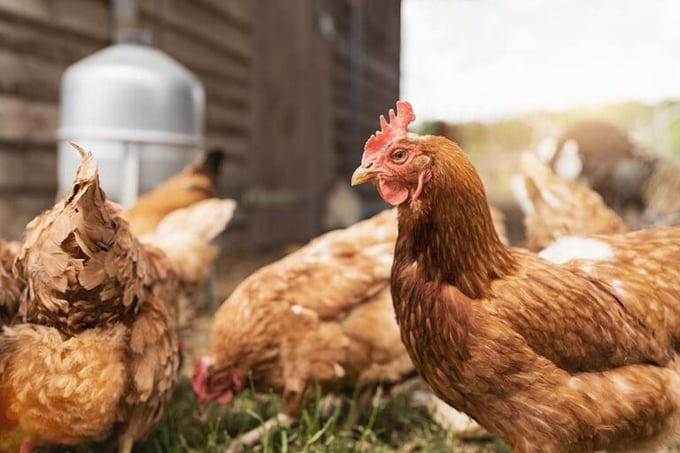May 18, 2025 | 20:51 GMT +7
May 18, 2025 | 20:51 GMT +7
Hotline: 0913.378.918
May 18, 2025 | 20:51 GMT +7
Hotline: 0913.378.918

The combination of providing both verandas and natural daylight is designed to significantly improve bird welfare. Photo: Canva
In response to feedback from members and the wider industry, RSPCA Assured has agreed to delay implementation of its latest planshttps://www.poultryworld.net/poultry/layers/amendments-made-to-rspcas-new-laying-hen-welfare-standards/ for 3 months, meaning members can continue to use the current version of the standards, published in 2017, until 1 August 2024.
The combination of providing both verandas and natural daylight is designed to significantly improve bird welfare, according to the charity, as it will help reduce feather pecking and keel bone fractures – 2 of the most challenging welfare issues for hens in egg production. Natural daylight also provides an appropriate visual environment for free-range birds when range access is restricted, for example, during a housing order.
Kelly Grellier, RSPCA Assured interim chief operations officer, said the charity believed the new welfare standards would help deliver significant improvements to the lives of hens but accepted that it was important to take time to listen to industry concerns: “We recognise the importance of taking the appropriate time to listen to our members and the industry so we can provide additional support and help them achieve these challenging standards.”
During the pause, RSPCA Assured will also share practical case studies from UK farms to provide guidance and real-life examples of how the standards can be applied and met. And the certification scheme body added that a new approach to how it worked with members and the wider industry throughout the entire standards communication and implementation process was also being developed.
“The standards will not be undergoing any further amendments. This additional grace period will allow us time to fully honour the commitments we made to our members and the wider industry during our meeting on 22 January – and find a way to move forward positively and together.”
The amendments included extending the timeline for natural daylight by 1 year to 1 January 2031, and removing the veranda requirement for refurbished and new member free-range systems. While verandas were never required for existing free-range members, the RSPCA will be conducting a thorough review into the practicalities of achieving this in the future.
(PW)

(VAN) Fourth most important food crop in peril as Latin America and Caribbean suffer from slow-onset climate disaster.

(VAN) Shifting market dynamics and the noise around new legislation has propelled Trouw Nutrition’s research around early life nutrition in poultry. Today, it continues to be a key area of research.

(VAN) India is concerned about its food security and the livelihoods of its farmers if more US food imports are allowed.

(VAN) FAO's Director-General emphasises the need to work together to transform agrifood systems.

(VAN) Europe is facing its worst outbreak of foot-and-mouth since the start of the century.

(VAN) The central authorities, in early April, released a 10-year plan for rural vitalization.

(VAN) Viterra marked a significant milestone in its carbon measurement program in Argentina, called Ígaris, reaching 1 million soybean hectares measured.